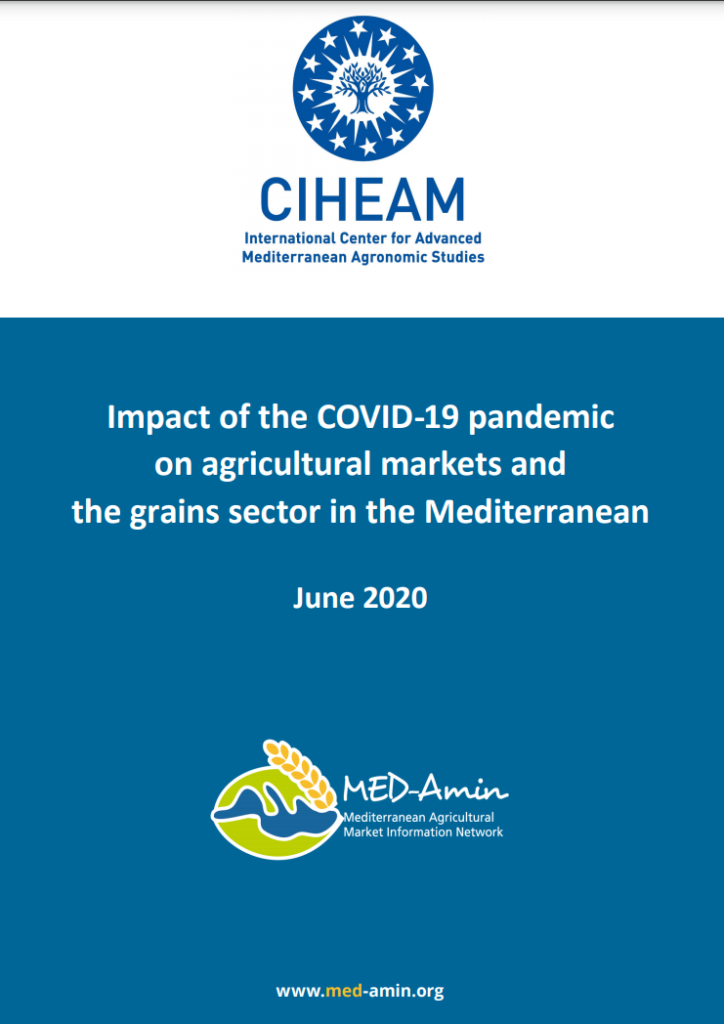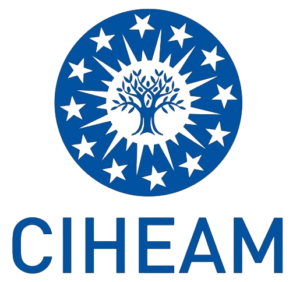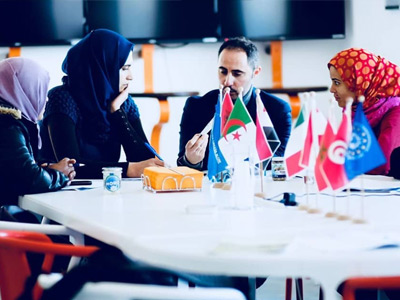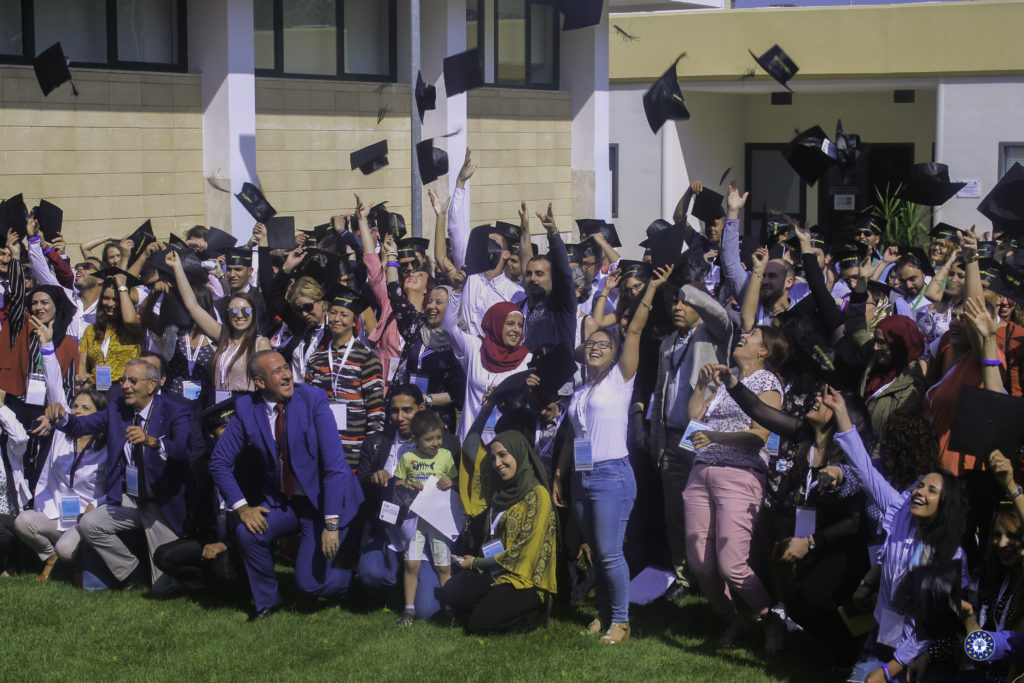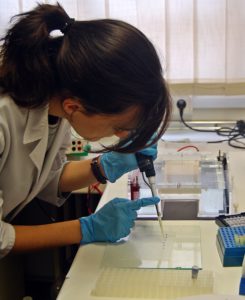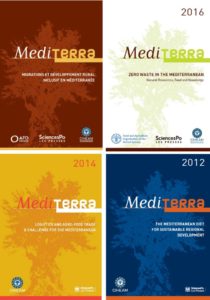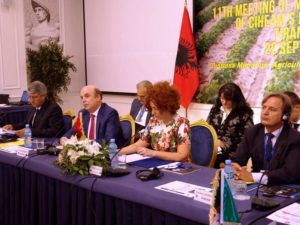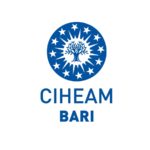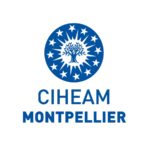The MED-Amin network meeting (Mediterranean Agricultural Market Information Network) will take place online on November 25 and 26, 2020. Issues of food security and monitoring of cereal markets will be at the heart of the discussions.
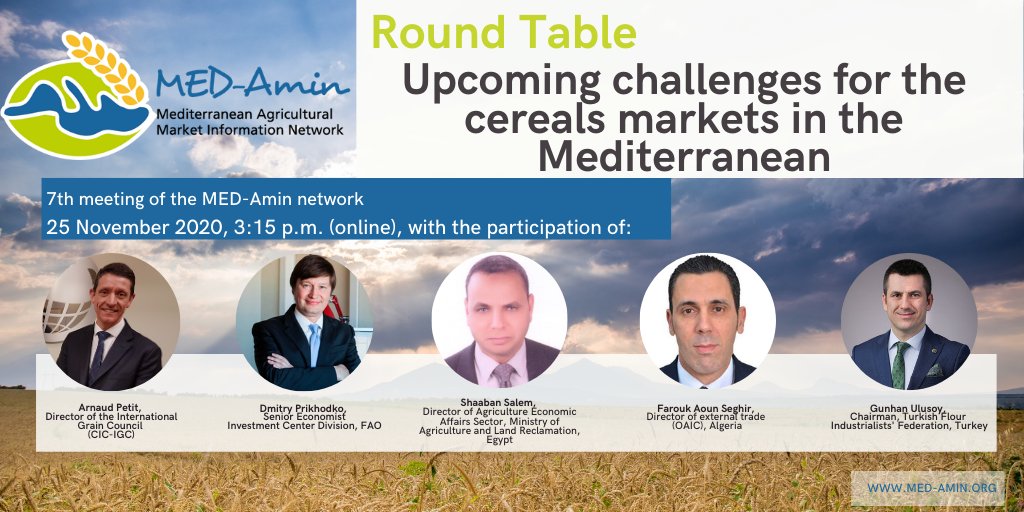
MED-Amin is a cooperation network between the 13 member states of CIHEAM. It was created following the food crises that affected the Mediterranean in 2007 and 2008. Its objective is to strengthen skills in monitoring agricultural markets and improve capacities for forecasting and joint reactions in the event of a crisis.
Coordinated by CIHEAM, and more specifically by its Mediterranean Agronomic Institute of Montpellier, the MED-Amin network works in collaboration with the global initiative AMIS based in Rome, the FAO and the European Commission.
- Most Mediterranean states have become net importers of cereals. On average, two-thirds of domestic consumption is covered by purchases on international markets. Egypt is the biggest importer of wheat on the planet.
- The Mediterranean Arab countries, from Morocco to Syria, which account for only 3% of the world population, have polarized on average, during each season since the beginning of the 21st century, around 15 to 17% of world cereal imports, and between 17 and 20% of those in wheat specifically.
- UN projections indicate that the countries of North Africa / Middle East will remain by 2050 the region of the world most dependent on cereal imports, with a deficit that could reach 114 million tonnes (against around 75 Mt currently).
On November 25-26, 2020, issues related to cereal supply in the various Mediterranean countries, but also coordination in the face of crises, and adaptation in the face of climate change will be debated. Experts from Egypt, Algeria, Turkey, CIC and FAO will help us clearly identify these challenges specific to the Mediterranean and specify the actions of the MED-Amin network to respond to them.
See the cross-interviews of Arnaud Petit, director of the International Cereals Council, and Elen Lemaître-Curri, deputy director of CIHEAM Montpellier Montpellier on the issues raised by MED-Amin.
See the MED-Amin Report on the COVID-19 Impact on the Mediterranean Agriculture
